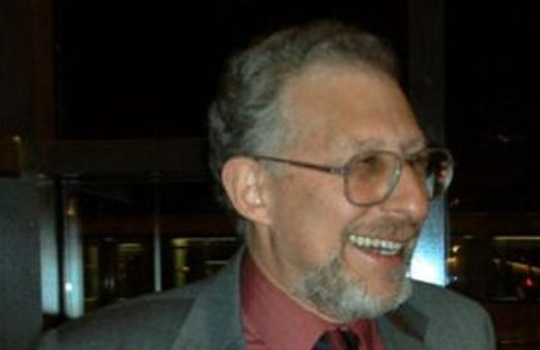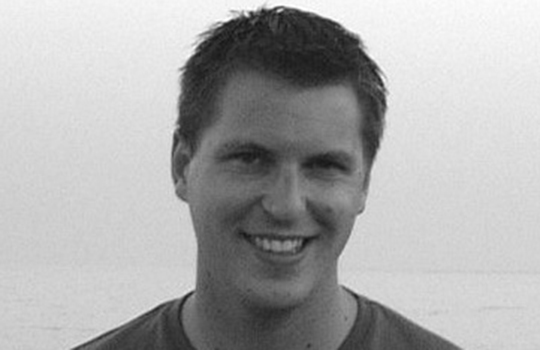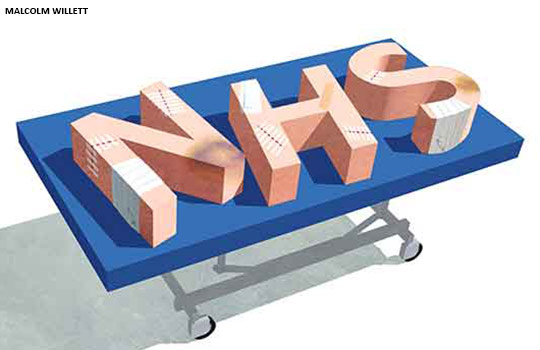The rhetoric of the Academy of Medical Sciences, the medical royal colleges, and medical researchers is that the future of healthcare is bright. Personalised medicine is coming; diseases that are currently incurable will be cured; life expectancy will increase; big data will bring untold benefits; and the quality of care will steadily improve. But through […]
Richard Smith: Science fiction stories foresee a bleak future for healthcare







